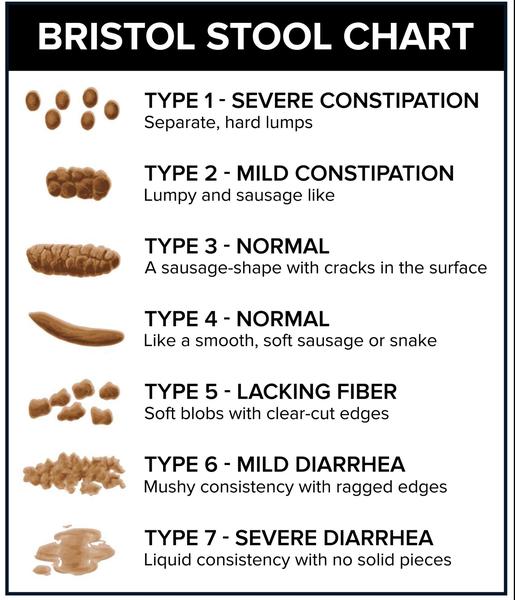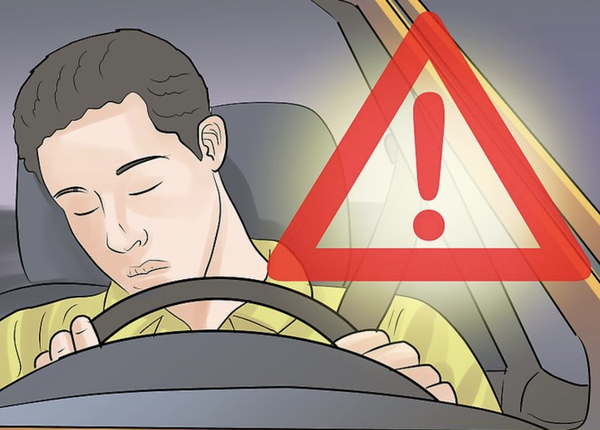Letting Go: Physically and Metaphysically
In this edition of our health newsletter, we explore a topic that affects millions of Americans: constipation. We delve into why America is the most constipated country in the world, uncover the long-term health concerns associated with chronic constipation, and learn how Traditional Chiense Medicine (TCM) views and treats this common issue.
Here’s the story of Carmen, who dealt with chronic constipation pooping once a week for years, and her turnaround at Longevity Wellness.
Am I constipated? How often should my bowels move?
Food in ==> Movement out. In other words, every time you eat a meal. In America, we’re VERY BUSY and most people have trained their bodies NOT to poop more than once a day. While 3 times a day is optimal, once a day is good enough for most folks.
Pooping every 2 days instead of daily can increase the risk of health issues such as constipation, bloating, abdominal discomfort, and a buildup of toxins in the body. Toxins can be a cause of just about every known health issue. Pragmatically, constipation can lead to straining during bowel movements, which can cause hemorrhoids and anal fissures. Additionally, a lack of regular bowel movements can disrupt the balance of bacteria in the gut and lead to digestive issues. Over time, constipation is a contributing factor for mental health issues like anxiety and depression,
What should my poop look like? The Bristol Stool Chart
Having long been a source of awkward embrassment on the more prim ladies in my clinic, and of gleeful giggles from the under-10 boys, the Bristol Stool Chart is one of the most useful tools I have used to help diagnose level of constipation. So let me introduce you to my little friend, Bristol!
A picture is worth a thousand words, after all! In this case. optimal is Type 4. Type 1, 2, or 3 indicate a degree of constipation. Type 5, 6, 7 indicate a degree of loose stools.
What causes constipation?: A National Health Challenge
Constipation, characterized by infrequent bowel movements and difficulty passing stools, is a prevalent digestive concern in the United States. Various factors contribute to this issue, including dietary choices, lifestyle, stress, and even the modern sedentary lifestyle. So what does TCM have to say about this?
TCM’s View on Constipation: Balance and Harmony
In TCM, health is a reflection of the balance and harmony of Qi (vital energy) and the smooth flow of Blood and Body Fluids within the body. Constipation indicates a disruption in this balance, and TCM views it through several perspectives:
- Imbalanced Diet: Diets rich in processed foods, low in fiber, and lacking in hydration can lead to stagnant Qi and Blood in the digestive system. Specifically foods that are HOT in nature can contribute to heat in the Large Intestine, which would dry the moistening lubricating fluids that assist in peristalsis and bowel movement, resulting in Stool Types 1, 2, or 3 – or NONE at all!
- Spleen and Stomach Weakness: TCM identifies the Spleen and Stomach as key organs responsible for digestion. Spleen and stomach deficiency can result in poor stool formation and movement.
- Stress and Emotions: TCM recognizes that emotional factors, such as stress, anxiety, or unresolved emotions, can disrupt the smooth flow of Qi, affecting bowel function.
What’s the big deal if I don’t poop daily? The Impact of Chronic Constipation on Long-Term Health:
Chronic constipation can lead to a range of long-term health issues, including:
- Hemorrhoids and anal fissures
- Diverticulosis
- Bowel obstruction
- Increased risk of colorectal cancer
- Dysbiosis and imbalanced gut flora
- Pelvic floor dysfunction
- EVERY disease tied to poor detoxification pathways is made worse. Examples of this are:
- Skin issues (rash, acne)
- Hair Thinning or Loss
- Brain Fog
- Digestive Issues/Stomach Pain (bloating/gas)
- Sleep Issues
- Extreme Fatigue
- Depression/Anxiety
TCM Strategies for Constipation Management:
The Basics in Order of Importance:
- Water
- Movement
- Fiber
- Sleep
- Lubricating foods
- Thank your bowels
- Water is Super-Poop Tea! Simply put, you WILL NOT have normal bowel movements if you do not drink water. How much water should you drink daily? Half your body weight (pounds) in ounces of water. If you weight 200 lbs, you need 100 oz of water, which is about 3 Liters, or about 3/4 of a gallon of water. If you weigh 100 lbs, you need 50 oz of water, which is almost 7 cups of water. If you do a workout where you sweat a lot, you’ll need more water.
2. Movement: This is #2 on the list, and I hope you appreciate the pun! Body movement is key to bowel movement, and your body especially likes movement that increases circulation in your midsection. Walking or running is a great way to stimulate the bowels after a meal. One of my favorite Chinese folk sayings is, “Fan hou bai bu zou, huo dao jiu shi jiu” (飯後百步走,活到九十九). This translates to, “if you take 100 steps after each meal, you’ll live to 99.” One article published in 2009 looked at patients with type 2 diabetes (type 2 diabetics are those who do not yet need insulin) who walked after meals. They found that in these patients walking after eating had a beneficial effect on blood sugar numbers – better than if they had walked before eating, and better than if they hadn’t walked at all. Click here to see that study.. Another study published in 2013 found similar results, even in older patients who are otherwise inactive. This time researchers also discovered that three short 15 minute walks, one after each meal, was better than one long 45 minute walk during the day. Click here to see that study.
3. Fiber: Did you know your fiber requirements vary by gender and age? Ladies who are 20-40 years old need about 35 grams of fiber per day. At 40 ladies need about 30 grams, and above 50, 25 grams is fine. Gentlemen typically can add 5 grams of fiber to those numbers: 20-40 year olds need about 40 grams, 40-50 need about 35, and above 50, about 30 grams is good. Note: these are generalized based upon weight, # of calories eaten per day, and activity level. A more specific calculator is here: https://www.omnicalculator.com/health/fiber#how-to-calculate-my-recommended-fiber-intake.
4. Sleep: Have you ever woken up groggy, hitting the snooze button till the last possible second, rolling out of bed and grabbing the easiest thing you can to eat as you speed down the highway to work? Constipation contributes to the morning groggies, and to poor food choices, creating a cyclical cyclone of crappy (get it? lol) choices. And poor sleep can affect your muscles, and your intestines are chock-full of smooth muscle material. Remember what it feels like to work out when you haven’t slept the night before? That’s what your gut feels like when it’s supposed to perform on no sleep.
5. Lubricating Foods: In TCM to treat constipation we say, “Float the boat, move the boat.” This refers to the body’s need for fluid in the intestines, and for effective peristalsis – gut movement that moves the poop through.
Step 1: “Float the boat.” Both heat and yin deficiency, a lacking of moisture, can contribute to heat in the large intestines. Cooling and moistening foods that help to bring fluids to the intestines are: aloe juice, prune juice, bananas (especially green bananas because they are high in resistant starch), apple, broccoli, chard, lemon, and potato. Play with some of these and see what works for you. SKIP the greasy and spicy foods, which add heat to the intestines.
Step 2: “Move the Boat.” When there is enough fluid then we focus on moving the boat. It’s important to do it in this order because it’s OWWWIIIEEEE to do it the wrong way ’round! Trying to move the boat without enough floating causes scraping, both on the boat and in your intestines. ALWAYS make sure you’re getting enough water in first! The herb senna is famous for moving the boat, but it is addictive if taken long term. The body starts “forgetting” how to move by itself, relying upon senna to do it.
6. Thank your bowels! It might sound silly, but literally EVERYONE does better with a little positive reinforcement. If you’ve been having a tough time going to the bathroom, just remember your bowels have been having a tough time too. Tell them THANK YOU every time you go, and see how well they respond!
What if it’s not working?
If you’re doing all those things and it’s not working – never fear! Chinese medicine is here! TCM is safe, natural, and effective, and incredibly effective at accurately treating the root causes of constipation including stress and difficulty letting go. Remember: pooping every day is one of the best health improvement steps you can take in your life. At Longevity Wellness, I use the time-tested acupuncture points and herbal formulas to relieve constipation safely – they’ve been used for over 5,000 years! After appropriate diagnosis, I’ll also give you easy and specific exercises you can do yourself to help “Unblock the Flow!” Trivia: there are 52 points on the human body that are indicated for constipation. There are 9 primary diagnosis: heat, wind, phlegm, yin deficiency, qi stagnation, phlegm, cold, yin collapse, yang excess, and dryness. That’s what we’ll do in your appointment: identify the root cause to get the proper acupuncture, dietary, and herbal treatment.





